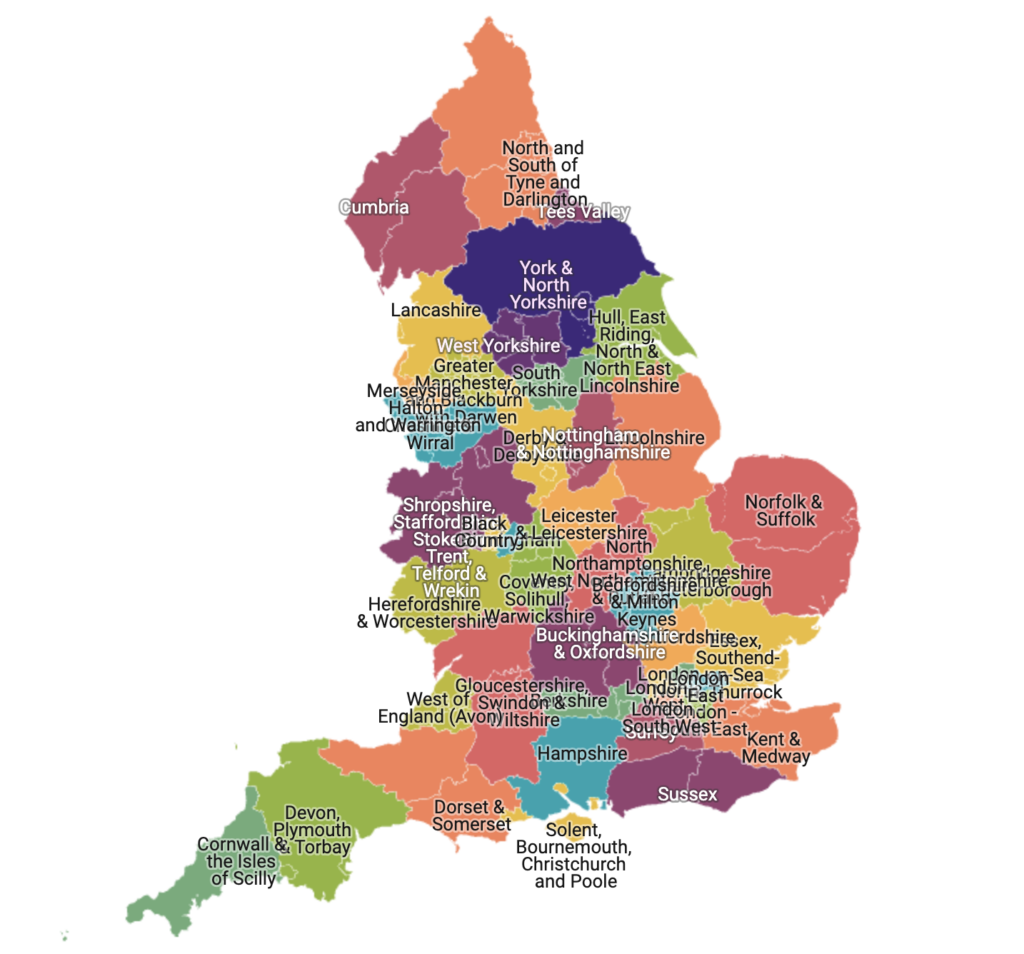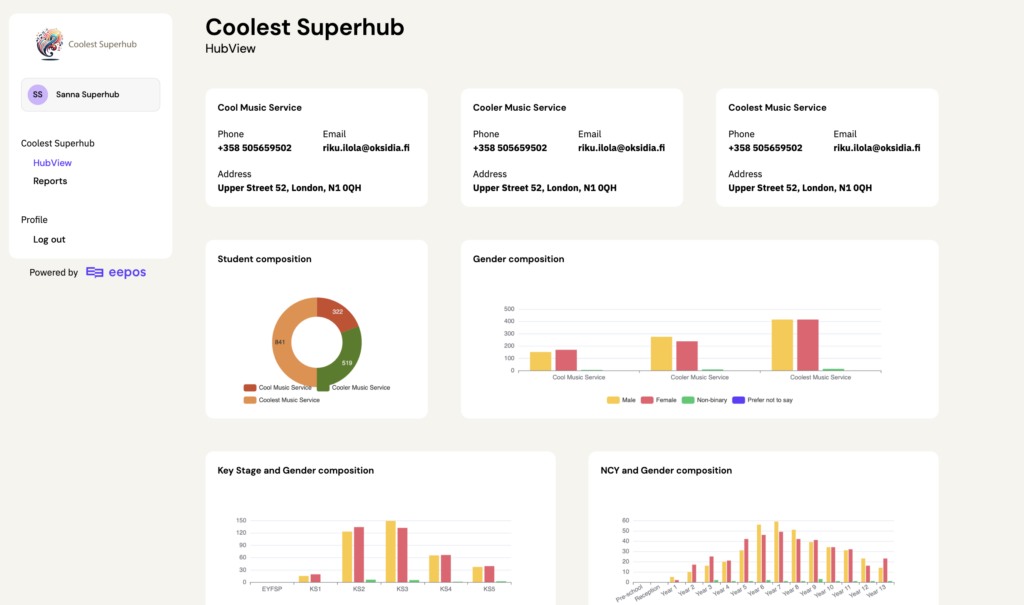The fewer the better? This will remain to be seen, but Music Hubs in England are going to have a busy five months prior to a massive restructuring and moving to the New Music Hubs.
Art Council England (ACE) has been driving a major change in English Music Education structure, and from this September on, the English music education will be organised and managed by 43 new Music Hubs instead of the current 116. This means that the current Music Hubs will form new Music Hubs in order to cover a larger geographical area.
Each of these new Music Hubs will have one Hub Lead Organisation (HLO) and the bidding for HLO roles is now on. HLOs oversee the collaboration between the partners, streamline and develop management processes and govern ACE funding for the current Music Hubs and their partners across the larger geographical area. HLO may be one of the current Music Hubs or the role can be assigned to an external organisation as well.
In other words, during the upcoming five months, the Music Hubs will be reorganised, the roles for 43 new HLOs should be awarded and the mandatory management boards for each new Music Hubs are to be appointed.

Background
For the reasons behind this change, we need to go back to the new National Plan for Music Education (NPME), which was published in June 2022 by the Department for Education (DfE).
The Power of Music: A National Plan for Music Education states (according to ACE website) that “all children and young people should be able to create music, learn a musical instrument, make music with others, learn to sing, and progress their interests and talents as far as they would like. Partnership between the broad range of services, organisations, and educators that are relevant to the musical lives of children and young people is essential if this is to be achieved”.

NPME says that this can be reached by centralising management and funding allocation to fewer organisations that will then supervise the operations of and govern the funding for the current Music Hubs, their partners and other organisations under the same umbrella.
According to Chris Walters (National Organiser for Education and Health & Wellbeing of Musicians’ Union), DfE’s rationale for fewer Music Hubs asserts that more and better strategic collaboration across larger areas will improve the quality, breadth, and consistency of music education.
DfE also asserts that fewer Music Hubs will be able to:
- Attract excellent leaders, board members and operational teams
- Galvanise partners to collaborate and connect more effectively
- Foster connected approaches to supporting access, inclusion and progression
- Identify new and effective ways of generating income and support
- Embed broader support, collaboration, learning and career development for the music education workforce
- Create more opportunities for research, innovation and exploration
- Enhance our collective understanding of the quality and impact of music education on the lives of children and young people
- Raise the profile of music education through more effective communication and better alignment with place infrastructure including Combined Authorities and Local Enterprise Partnerships.
There is going to be a lot of pressure put towards the HLOs in the beginning of the new Music Hub era, because centralising management and funding allocation might not be a walk in the park considering the organisational differences among the current Music Hubs.
How about Eepos
For systems like Eepos this is a great opportunity to show how adaptable and flexible we actually are. We need to be able to accommodate the new Music Hubs in a rather short timeframe. We also need to be able to digest the organisational and structural differences of our customers within the certain geographical areas if we wish to serve the whole new Music Hubs successfully.
Eepos has developed a new portal called the HubView, which allows several Eepos databases to feed data into joint dashboards for the new Music Hubs. This HubView allows HLOs to view the combined data and analytics of their respective Eeposes and provides the new Music Hub with a tool for importing ACE standard data if a current music hub or their partner isn’t part of the Eepos family.

Our goal is to standardise the ACE return data and help Eepos sites to automatically dissect the required return data in an easily extractable form.
For example, the new South Yorkshire Music Hub consists of Sheffield Music Hub, Rotherham Music, Barnsley Music Education Hub and Doncaster Music Hub. The South Yorkshire HLO might be one of these organisations or the right fit for the role might be found externally.
Sheffield, Rotherham and Barnsley are Eepos sites, which allows these sites to have linked data flow from school level to teachers, administrators, guardians all the way to the HubView level, which will guarantee accurate data for ACE returns and HLO level analytics and development planning.
Conclusion
The new Music Hubs will keep the music education facilitators busy in the near future, and the change will probably drive them to reconsider the management systems they use and think of the best possible options for the wider Music Hubs.
Here at Eepos HQ, we’re looking forward to help both the current and the new Music Hubs with a smooth transition to the brave new world of English music education.